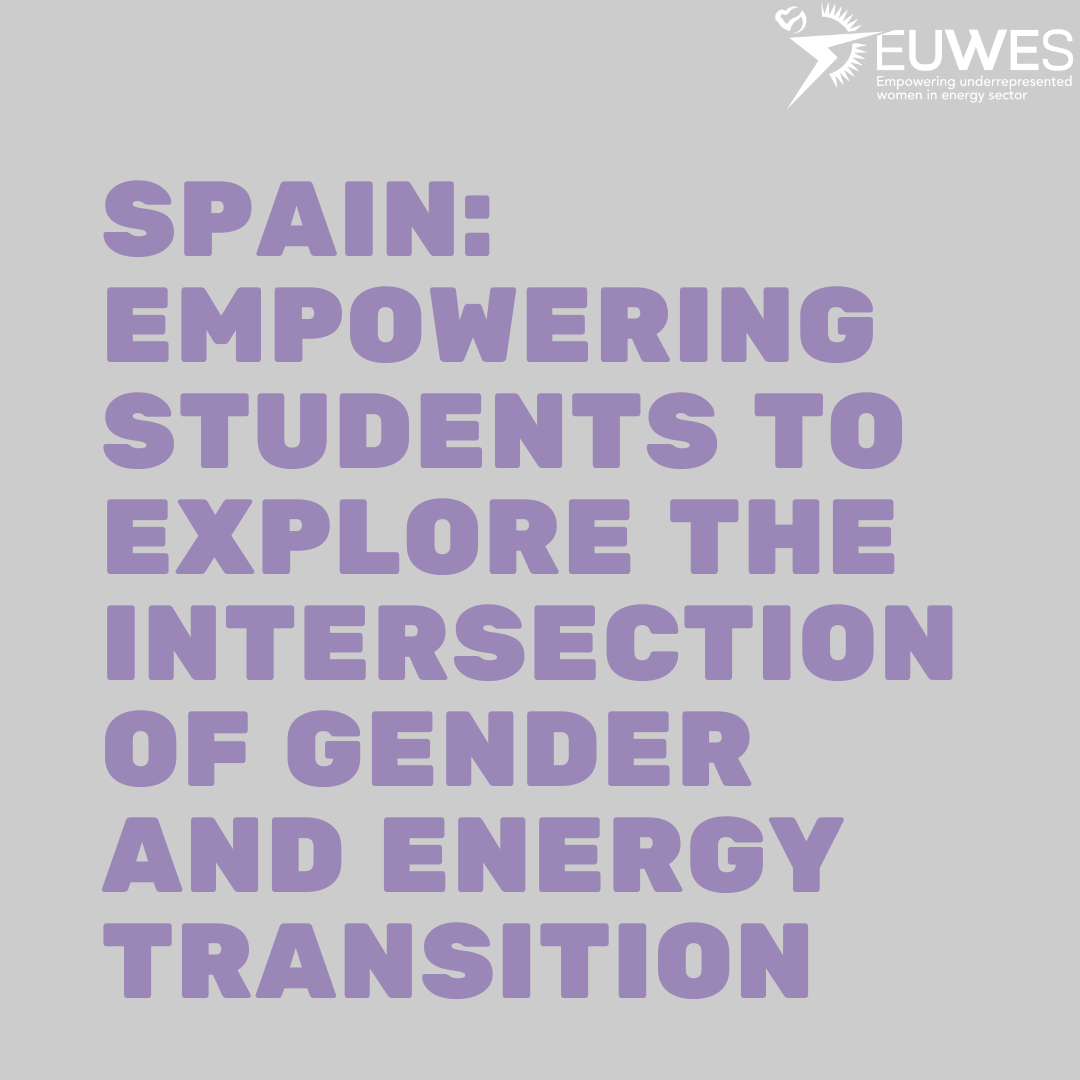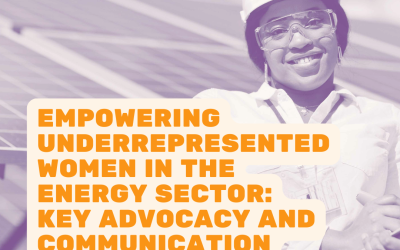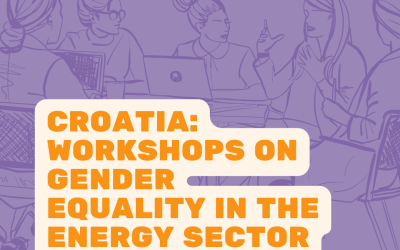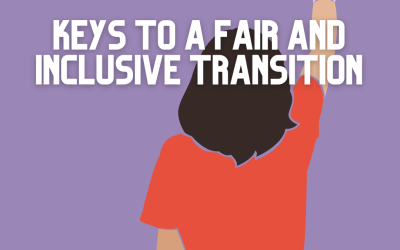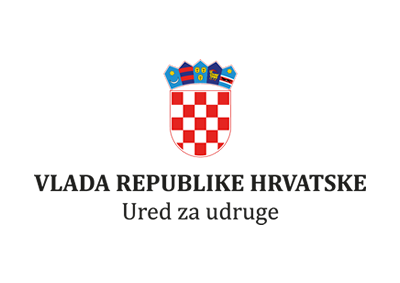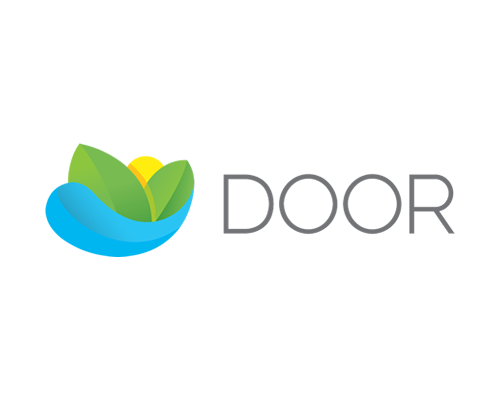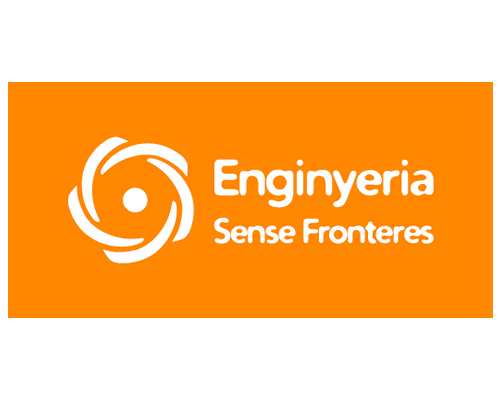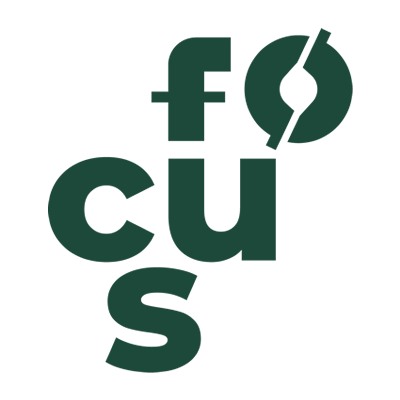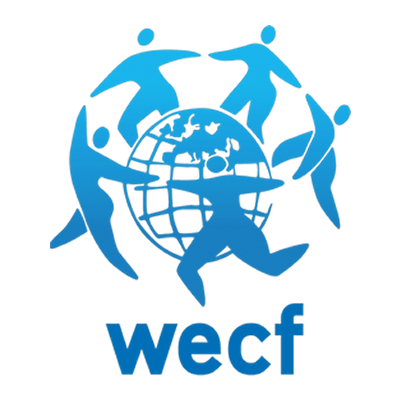As part of the EUWES project, four essential training sessions were held by project partner ESF in December 2024, focusing on integrating a gender perspective into the energy sector. These sessions targeted university students pursuing energy-related degree.
First Training: Gender and Energy Workshop
The first workshop was held on December 4, 2024, at the Politechnical University of Catalonia (UPC) in Terrassa. A small group of 8 students (2 women and 6 men) participated in this session. The training, which lasted two hours, provided students with a comprehensive introduction to the importance of gender in the energy sector.
Second Training: Gender and Energy Workshop
The following session took place at the Universitat Rovira i Virgili (URV) in Tarragona on December 10, 2024. A total of 7 first-year engineering students (3 women and 4 men) participated in this one-hour training. Similar to the previous session, this workshop aimed to engage the students in understanding the intersection of gender and energy.
Third Training: Gender and Energy Workshop
On December 12, 2024, the University of Girona (UdG) hosted its own two-hour training session. The 11 participants (8 women and 3 men) were students from the Master’s Degree program in Environmental Change and Ecosocial Transition.
Fourth Training: Gender and Energy Workshop
The last workshop of the series took place at Antoni Torroja High School in Cervera, also on December 12, 2024. This session was attended by 72 last-year high school students (47 women and 25 men). The training lasted two hours and was designed to introduce younger students to the critical connections between gender and energy.
All four training sessions were for key beneficiaries and the flow of training began with a 10-minute introduction that set the stage for two collective dialogues: ‘The Energy That Moves the World’ and ‘How the Energy Model Affects Women.’ These discussions aimed to challenge participants’ understanding of energy and its gendered impacts. Following the dialogues, students worked in groups, tackling topics such as ‘The Energy Ecotopia,’ ‘Professions for a Just Ecosocial Transition,’ and ‘Obstacles Women Face in the Energy Transition.’ Group activities included organizing ideas, discussing the topics, and synthesizing their findings. The session concluded with a 25-minute wrap-up, during which participants shared insights and reflections. Feedback showed that most attendees felt they had gained valuable knowledge from the training
